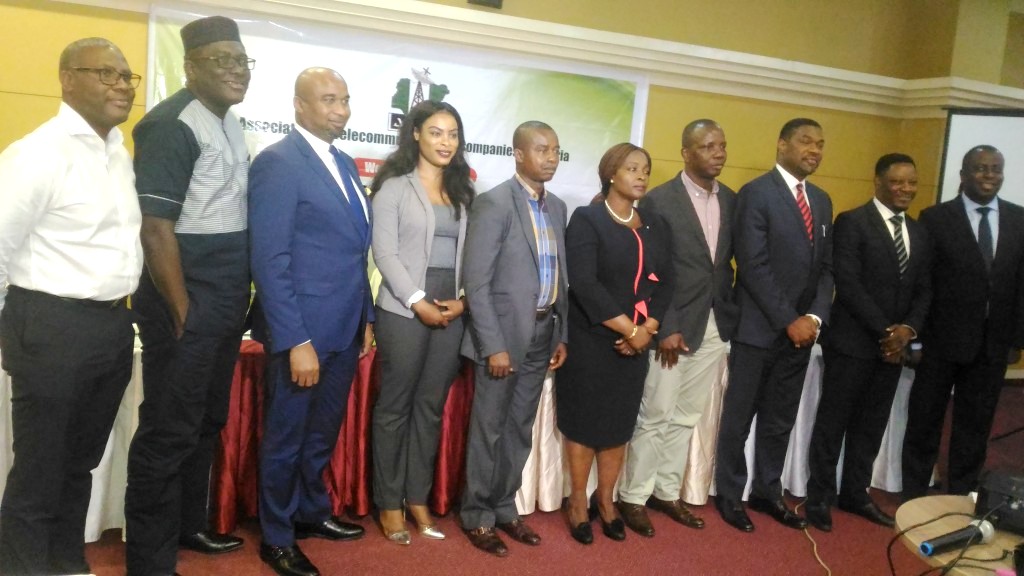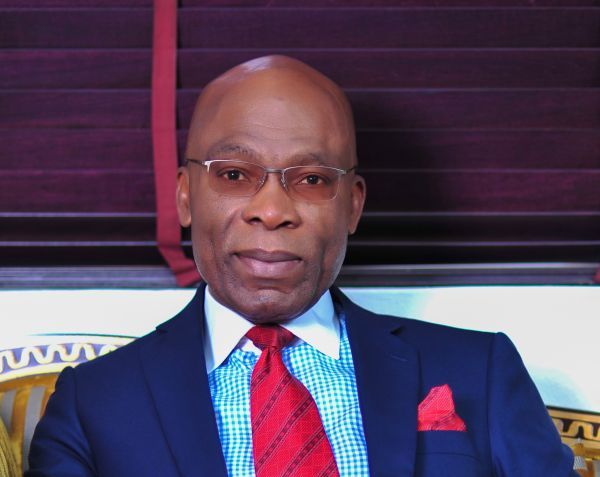Clearer perspectives have emerged on why the business and market segment of the Value Added Service (VAS) providers in Nigeria had been nose-diving in recent times.
Before the observed drop in telecoms market share, the VAS sub-sector, whose worth was ₦300bn billion as at 2018, had been making fortunes in related operations and rendering services such as caller ring back tunes, health tips, daily motivational quotes, sport/entertainment news and the likes, which are delivered to mobile subscribers, who are charged through deduction of their call credit.
Giving insights on the beginning of the collapse of the market sector, the National Coordinator, Wireless Application Service Provider’ Association of Nigeria (WASPAN), Mr. Chijioke Ezeh, said there had been serious confusion in the VAS industry ever since the regulator, the Nigerian Communications Commission (NCC) introduced the Do-Not-Disturb (DND) initiative which empowered subscribers’ to bar reception of VAS services.
While noting that the NCC contributed significantly in reducing the influence of the VAS operators, Ezeh revealed that in the last two years, over 50 million Nigerians had bared VAS services.
He also traced the collapse of the business segment additional issues including the removal of auto renewal in many services by subscribers, mundane & restrictive double opt-in, ban on marketing, unfavourable revenue sharing structure with networks, delayed/reduced/no revenue pay-outs and inefficient product control platforms.
Continuing on what contributed to the near collapse of the business segment, WASPAN national coordinator averred that “At the moment the idea of bringing an aggregator into the mix was conceived and carried out, what would have been a simple problem became complex.
He said “At this stage, with initially sighted value already shaven off and with only hard work left to be done to re-grow from nothing, the inviting aggregator position is looking bare and may be a stakeholder position some may want to just hand over (like brokers) to the telcos for whatever little share they can get. Problem is, though…100 per cent of zero is yet zero.”
Ezeh noted that incessant introduction of service-impacting directives has affected the VAS industry negatively, stressing further that “Even when withdrawn, they leave a trail of long term damages.”









